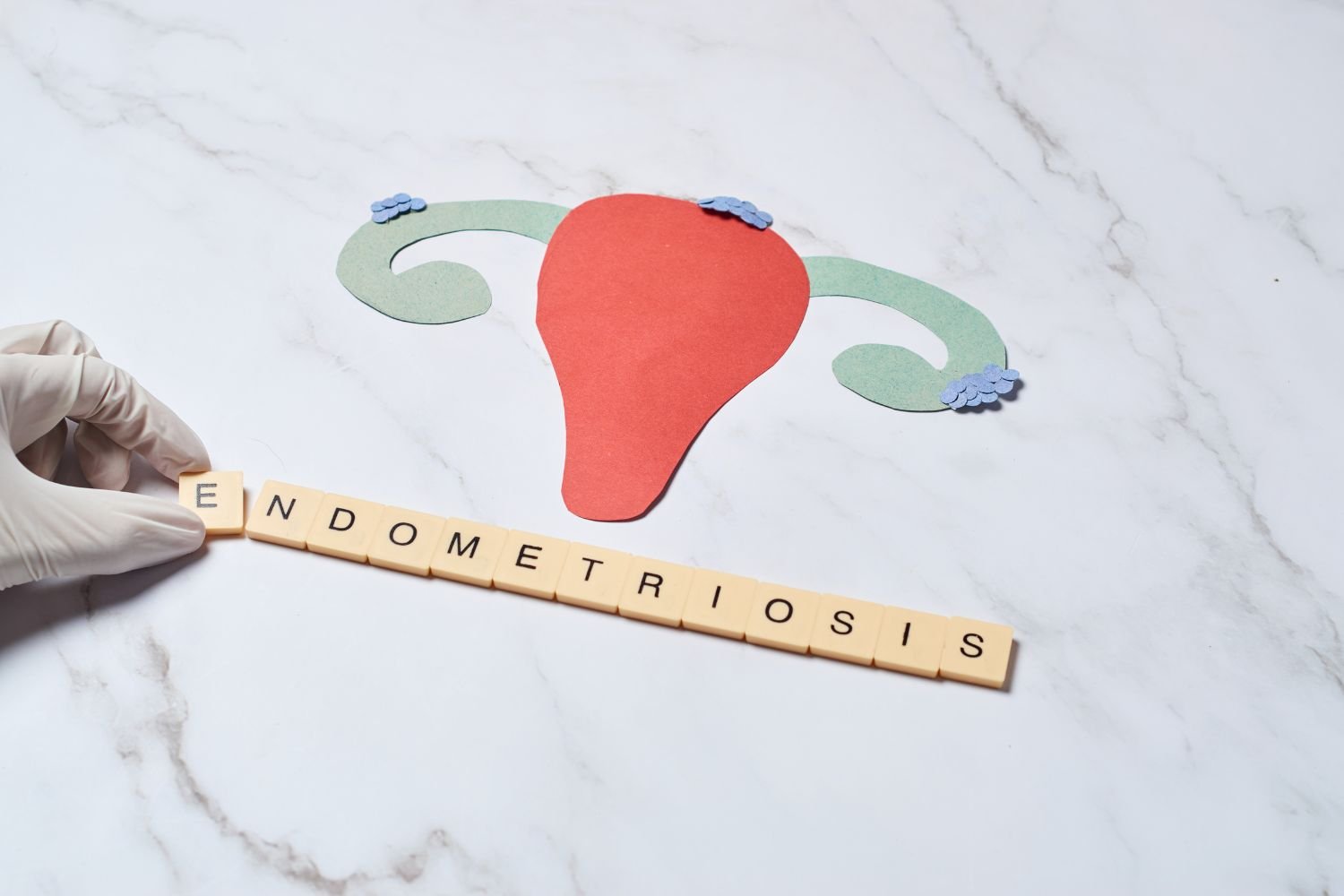Endometriosis is a common yet often misunderstood condition that affects nearly 1 in 10 women of reproductive age. While it is primarily known for causing pelvic pain and heavy periods, one of its most significant and life-altering effects is on fertility. In fact, endometriosis is one of the leading causes of infertility in women.
Understanding how endometriosis affects fertility—and why early diagnosis is so important—can empower women to take timely action, explore treatment options, and preserve their chances of conceiving.
What Is Endometriosis?
Endometriosis occurs when tissue similar to the lining of the uterus (endometrium) grows outside the uterus. These endometrial-like tissues can attach to the ovaries, fallopian tubes, the outer surface of the uterus, and other pelvic organs. Unlike the normal uterine lining that sheds during menstruation, this misplaced tissue has no way to exit the body, leading to inflammation, scar tissue, cysts, and adhesions.
How Does Endometriosis Affect Fertility?
Endometriosis can impact fertility in several ways, depending on its severity and location:
– Blocked Fallopian Tubes: Scar tissue or adhesions can cause the fallopian tubes to become blocked, preventing the egg and sperm from meeting.
– Ovarian Cysts (Endometriomas): These cysts may damage ovarian tissue, reducing the quality and number of eggs.
– Inflammation: Chronic inflammation in the pelvic region can interfere with fertilization and embryo implantation.
– Hormonal Imbalances: Endometriosis may disrupt hormone levels, impacting ovulation and cycle regularity.
Even in mild cases, the condition may create a hostile environment for conception by altering pelvic anatomy and impairing egg quality.
Signs That You Might Have Endometriosis
Early symptoms are often mistaken for regular menstrual discomfort, which delays diagnosis. Key signs include:
– Painful periods (dysmenorrhea)
– Chronic pelvic pain
– Pain during intercourse
– Heavy menstrual bleeding
– Difficulty getting pregnant
– Painful bowel movements or urination during periods
If you’re experiencing any of these symptoms, it’s crucial to consult a fertility or gynecology expert.
Why Early Detection Matters
The earlier endometriosis is diagnosed and managed, the better the outcomes—especially when it comes to fertility. Here’s why:
– Preserve Fertility: Early intervention can help manage damage to reproductive organs, improving your chances of natural conception.
– More Treatment Options: Mild to moderate cases can often be managed with medications or minimally invasive surgery, giving you more time and choices.
– Improved IVF Success: For those who require assisted reproductive techniques like IVF, treating endometriosis beforehand can improve response to treatment and increase success rates.
– Better Quality of Life: Beyond fertility, managing endometriosis early reduces chronic pain and other debilitating symptoms.
Fertility Treatments for Women with Endometriosis
While natural conception is possible for many women with endometriosis, those who struggle may consider options such as:
✅ Ovulation Induction with Timed Intercourse
✅ Intrauterine Insemination (IUI)
✅ In Vitro Fertilization (IVF)
✅ Egg Freezing (especially for women not planning pregnancy immediately)
At BUD IVF, our specialists offer personalized treatment plans based on your age, symptoms, fertility goals, and the severity of endometriosis.
✨ Take the First Step with BUD IVF
Endometriosis doesn’t mean the end of your fertility journey. With early detection, the right care, and compassionate support, many women go on to achieve successful pregnancies.
If you’re experiencing symptoms or struggling to conceive, don’t wait. Book a consultation with our fertility experts at BUD IVF today. We’re here to help you navigate your options with clarity and care.
📞 Ready to Take the First Step?
Schedule a fertility consultation today to assess your fertility health, or explore options like IVF, IUI, or egg freezing.






